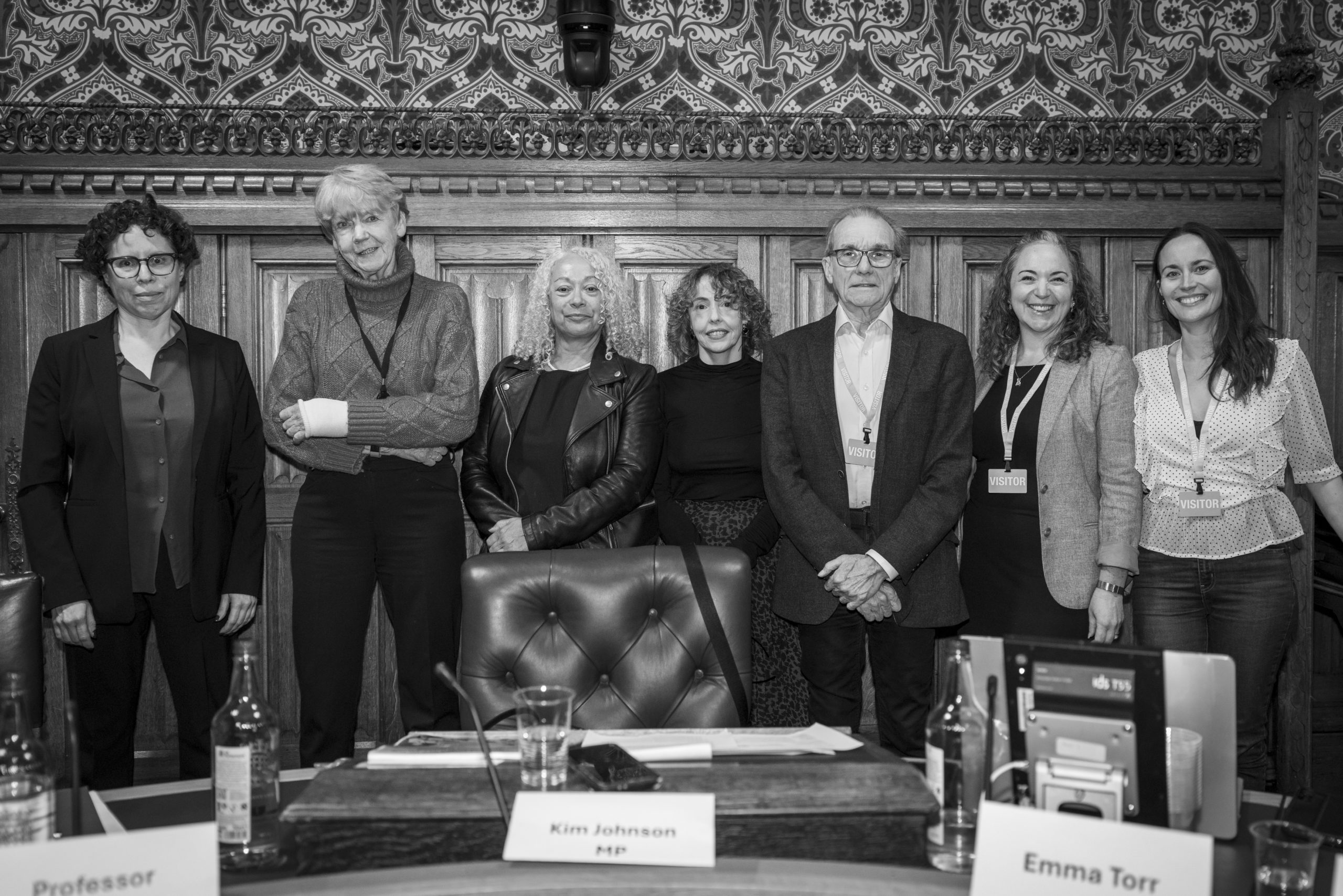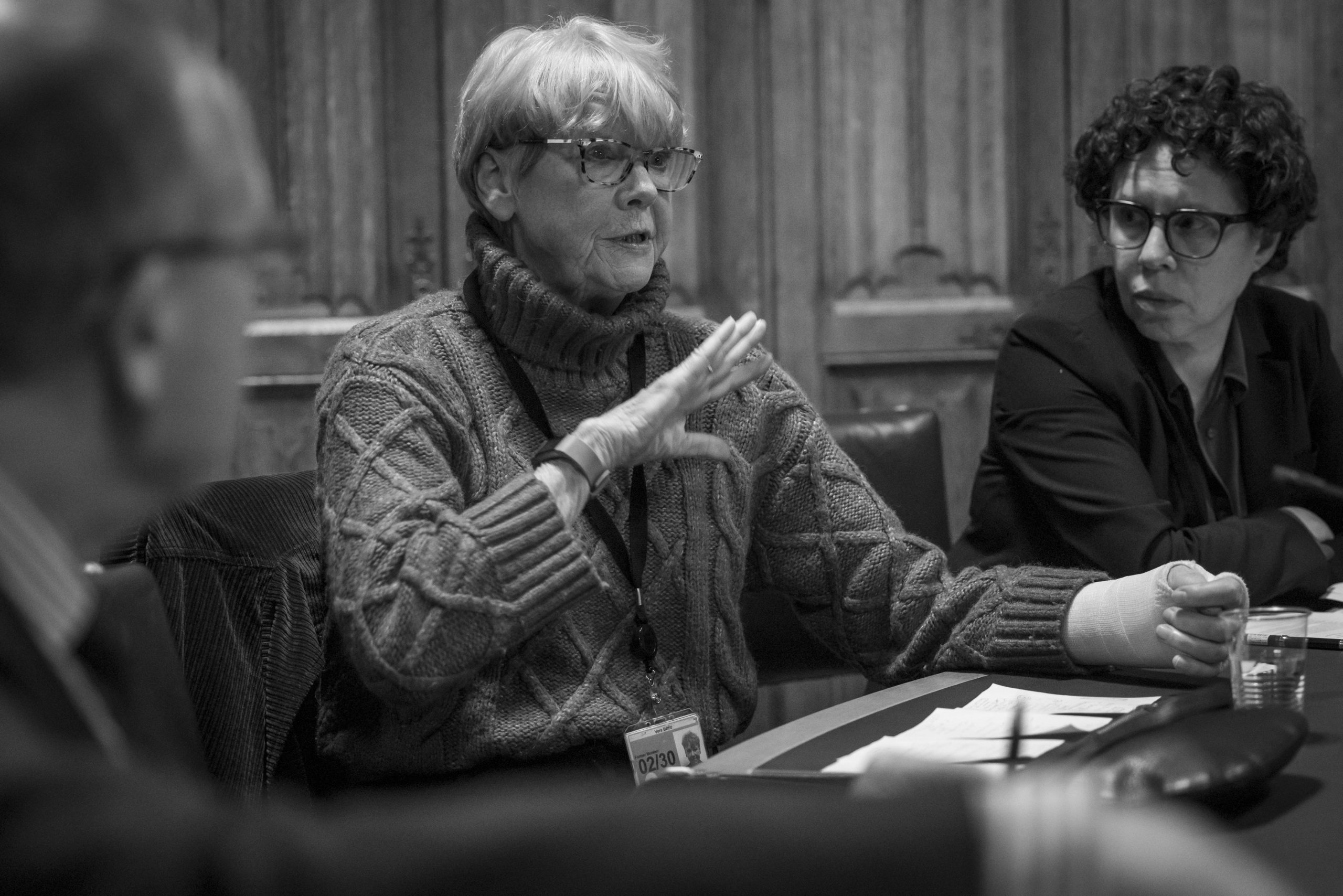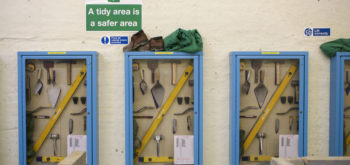People applying to overturn their wrongful convictions are ‘abandoning all hope’ of escaping prison after dealing with the miscarriages of justice watchdog, according to new research.
The Criminal Cases Review Commission (CCRC) is the only body which can refer a case which has already failed at appeal for a fresh appeal where new evidence shows the conviction might be overturned. However, new findings suggest applicants are facing a dearth of information about the appeals process, are struggling to access any legal representation, and when they do manage to get through to the body, face communication that is ‘unfriendly and dismissive’.
A new report, co-authored by Dr Lucy Welsh and Dr Amy Clarke, aims to offer a comprehensive, independent analysis of how individuals maintaining innocence, both in and out of prison, experience the post-conviction criminal justice process. See here for our coverage of the report: CCRC ‘about as effective as a chocolate fireguard’.
Speaking in the House of Commons in response to the report’s publication, APPEAL’s Emma Torr said people in prison who maintain their innocence are some of ‘the most vulnerable in society’. She lamented the growing numbers of people applying to overturn convictions as litigants in person (i.e. without legal representation) and the growing numbers applying to the CCRC without any legal support.
One participant in the research said they had reached out to 51 law firms who advertised the fact that they support CCRC applications, received four replies, and only one of those replied that they could help – and even then only at a cost of £3,800 just to look at the applicant’s files.
‘Those lucky enough to find a solicitor are writing letters from prison trying to find someone to plead their case’, said Emma Torr, ‘if you’ve got no one on the outside its almost impossible.’ People are also resorting to cashing in their pensions, re-mortgaging homes, or draining limited savings to pay privately for legal representation for their appeal.
One of the biggest barriers the researchers found to people successfully applying to overturn miscarriages of justice was a lack of information about the CCRC and how it functions. Described by the organisation’s own chair as ‘esoteric’, its method of operation was established by statute in the mid-1990s before it opened its doors in 1997 in response to the high-profile justice failures of the Birmingham Six, Guildford Four and Maguire Seven. This research recommends that the impetus must be on the government to provide clear and transparent advice to people about how and when to make their application. It also flags the barrier provided by the prison service itself, whose staff must be more willing to support prisoners maintaining their innocence to access information and materials.

L to R: Prof Penney Lewis; Dame Vera Baird, chair of the CCRC, Kim Johnson MP; Emma Torr, APPEAL; Danny Barrs, Association for Prisoners Maintaining Innocence; Dr Lucy Welsh and Dr Amy Clarke. Photos: Andy Aitchison
The interim chair of the CCRC, Dame Vera Baird KC, defended the organisation against claims that the entire personnel need replacing. She described some case review managers as ‘ferociously good’, and assured that the imminent wholesale review of the body’s casework by the Crown Prosecution Service’s inspectorate will heed results. However, she also claimed that the first piece of casework she looked at after taking the role had been done incorrectly, and had to be re-done.
Dame Vera Baird also announced immediate changes in the way staff at the CCRC communicate with applicants, including a pilot scheme that involves talking to people protesting their innocence over the phone to get the full picture of their case. ‘For goodness sake we should be decent and friendly’, she said, ‘if you’re in an organisation that sends out dismissive letters, what does it say about what you should think about the people who those letters are being sent to?’. She said she has ‘fragile hope’ that changing these letters will change the attitudes and culture in the body.
Chair of the Justice Select Committee, Andy Slaughter MP, said the CCRC is currently ‘down a side alley of the criminal justice system’, and welcomed attempts to highlight improvements that can be made. He said ‘we have a fire alarm going off, what we need is a fire safety system where the sprinklers start and things improve, rather than just the people who manage to jump through the right hoops manage to escape’.








